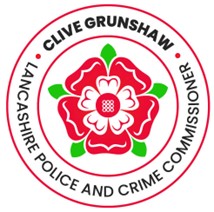Help after experiencing sexual violence
Whatever the circumstances, nobody has the right to force you to have sex or to touch you in a sexual way. They also don’t have the right to create or send sexualised images without your consent. If this happens to you, it’s important to remember it’s not your fault. All sexual abuse, exploitation or violence can be impactful or traumatising.
Anyone can be sexually assaulted and anyone can commit sexual assault.
Previous participants from our programmes have given us some statements they would like to say to victim-survivors of sexual violence:
“Be gentle with yourself.”
“Take things at a pace that is right for you and to try and be kind.”
“You are not alone, there are groups and people who are there to help you.”
“Take one step a day. Every day might not be good but there is something good in every day.”
“It is hard, it is a journey, but you don’t have to walk it alone.”
Explore the ways we can help below.
Get help now
We provide support for victims and survivors of sexual violence and domestic abuse. If you need help, you can find out more about the services we offer.
Need help after sexual violence?
Call 0300 1409957 for sexual abuse and violence support, or you can fill out our online form.

